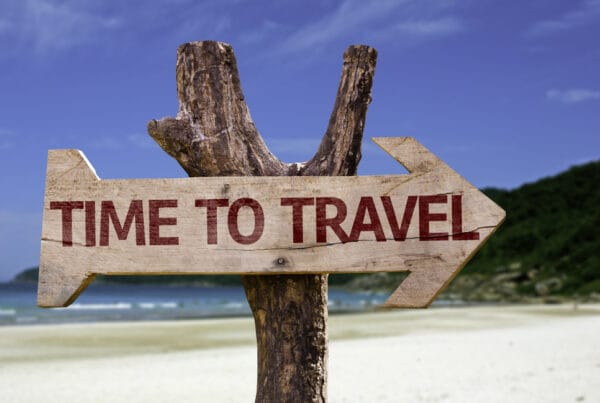Culture shock is the term used for the “lost” feeling some travellers may experience when they arrive at a new or unfamiliar destination.
Any traveller can experience psychological problems (culture shock) adjusting to a new culture and environment, regardless of age, gender or ethnicity. Culture shock typically presents as anxiety, depression and/or hostility to the host country.
Not everyone suffers from culture shock, as your personality and previous travel experiences can influence how you feel on arrival to a new destination. However, culture shock can be exemplified by a lack of preparation before your travel. What’s the climate, local culture and customs, food, clothes restrictions etc? Have you done your homework? Jet lag and tiredness always makes everything worse! Also, for many, this may be there first travel experience so they may have feelings of home sickness before they have even landed. The reception at arrival also can influence the extent of culture shock.

Feelings you may experience:
• Longing for familiar things
• Disorientation
• Helplessness
• Insomnia
• Excessive fatigue
• Anxiety
• Panic
• Tearfulness
• Unreasonable anger
• Excessive fear of being cheated/security
• Excessive fear of food and water hygiene

How to minimise Culture Shock:
• Discuss with your Travel Health Practitioner
• Expect culture shock and be aware of the feelings you may experience. The initial feelings normally diminish after the first few days
• Try to learn the language to reduce social isolation
• Be open minded
• Limit your expectations
• Make sure you research your destination prior to travel – use websites, books and ask other travellers. From this knowledge at least, you know what to expect
• Avoid travelling when you are already tired and take rest before departure. Avoid heavy commitments on the first day
• Talk with other travellers and try to join group activities. Fellow travellers and crew may be from a similar background to you and may be experiencing the same feelings. Talking may help
• Make an effort to talk to other expatriates and locals. Try not to create a mini “England” or “Australia”. Working and living abroad is about meeting different people
• Try not to withdraw, even if you feel like it
• Take care of your physical health – try to take regular exercise and get adequate sleep
• Try to avoid excessive alcohol as this can make your feelings worse
• Keep in touch with family and friends back home so you can discuss new experiences but do not contact them excessively
• Recording thoughts and feelings in a journal, letters or emails may improve physical and emotional well being
• Try to interact with locals and respect their culture
• Expect times when you are feeling “down” or home sick, this is completely normal – try to something that makes you feel good e.g. massage, a workout or a chat with a new friend.
• Keep a sense of humour!
• Deterioration in mental health is usually gradual and travellers should seek help if they experience prolonged or unmanageable feelings of irritability, frustration, disorientation, confusion, anxiety, panic attacks, depression and/or hostility towards the unfamiliar culture

Reverse Culture Shock:
Travellers may be less aware of the possibility of ‘reverse culture shock’. This is the psychological problems returning travellers may experience when readjusting to life at home. This may be even more stressful than culture shock.
Experience of reverse culture shock is usually more common in long-term travellers and those with pre-existing mental health issues.
Counselling can help returning travellers integrate their experiences into their life, interpret their experiences in a meaningful way and help create a sense of closure.
Reference
https://www.fitfortravel.nhs.uk/advice/general-travel-health-advice/culture-shock
Written by Catherine Keil (Nurse Practitioner Travel Health and Immunisations, Travel Health Practitioner Pty Ltd), Tuesday 4th June 2019













